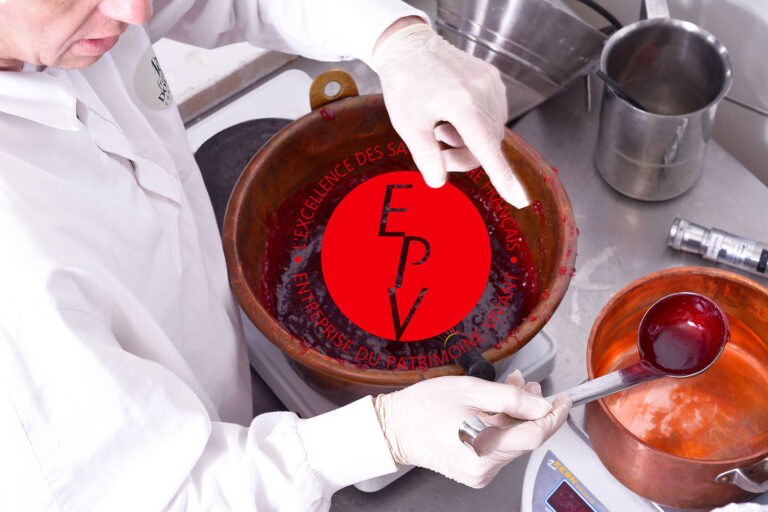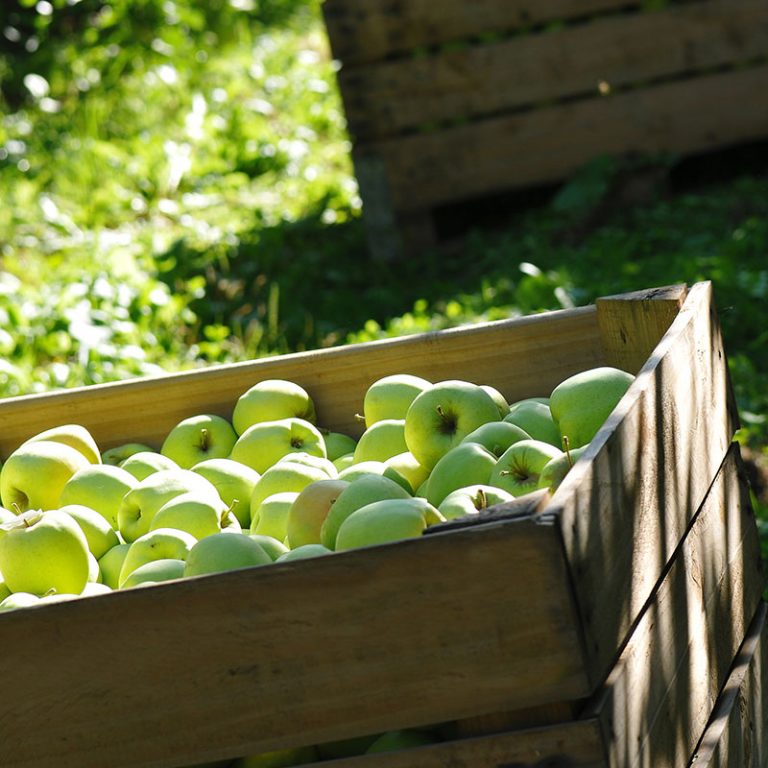Lessons from lockdown for the specialist retail chain sector France is slowly exiting a lockdown period that was conducted with more strictness than in some neighbouring countries, but which also hit us harder in economic terms. Companies are now turning their attention to the possible types of recovery: V-shaped (fast), U-shaped (slow), W-shaped (potential double dip) or L-shaped (uncertain upturn). Specialist retail chains selling organic food products, energy food and nutritional supplements, sports and leisure goods, home, garden and DIY products, etc., find themselves at a crossroads between two opposite trends: one the one hand, they have suffered from the lockdown and the relative aversion among consumers for places where many people gather, due to the related risks; on the other hand, they were one of the rare types of retailers to reopen early on and offer a space for renewed interaction, while riding on the increased amount of free time among French people and the recovery of consumption. Pure web players generally benefited from the pandemic to grow their sales. One hopes that this trend will continue; the other hopes that the upturn will not just be about catching up. In any case, one trend is clearly emerging: tomorrow will never be quite the same as before.
At François Doucet Confiseur, we have of course also been hit hard by this pandemic and its consequences: factory closures, temporary lay-offs and a cautious return to activity. The factory shop’s opening hours were restricted and a click & collect service was set up. We made the most of this period to think about what tomorrow could be, as well as the conditions for our resilience and that of our clients. Over the course of these weeks, we have built up a reservoir of ideas and thoughts, many of which concern the specialist retail chain sector. It is these ideas and opinions that we want to share with you today. To make for easier reading, we propose sending you, a dozen days apart, two communications (this one included). And we will of course be delighted if you want to interact with us. Write to us at mondededemain@francois-doucet.com and we will happy to get back to you.
THE REAL DIFFICULTIES LIE AHEAD OF US
For a retail space manager, closure followed by reopening subject to the application of health regulations, with the resulting reduction in customer numbers and drop in sales, can call into question the sustainability of the business model. Government assistance, in particular the furlough scheme, has been welcome, but it can only be a temporary solution.
For us, the fundamental question lies elsewhere: it concerns changing consumption habits, towards more responsible consumption, or towards a shift between different distribution channels. These changing habits were of course the subject of much discussion at the height of the pandemic and, perhaps, their effects will become less pronounced as we gradually return to “normalcy”. Some of them, however, may have a lasting influence on customer numbers in specialist retail chains, such as the renewed demand for local points of sale, or the tendency to order online. Other changes may be more positive, provided that you know how to prepare for them, particularly in the area of customer experience, through updated product offerings that are more in phase with the times, tangible services that the web cannot offer, an environment that is conducive to consumption, reassuring, surprising, etc.
While we have all been affected in similar ways, the range of solutions we are able to come up with, as well as how agile we are when implementing them, could very well make all the difference. We believe that the level of performance achieved by many specialist retail outlets will also depend on this innovation, creativity and agility.
LESSONS FROM LOCKDOWN: FEEDBACK FROM OUR CLIENTS
Most of our clients believe that the crucial factors underpinning the specialist retail chain sector remain sound in France:
- Points of sale are generally located in a favourable environment with good transport links and facilities. There is excellent coverage of the national territory. The sizing, layout and fitting out of retail spaces are also of a high standard, which means that efforts required to enhance the customer experience remain feasible.
- Specialist retail chains often enjoy strong brand awareness and their image is built on more than just price. In addition to this factor, they have also developed their attractiveness on the basis of a wide offering, innovation and quality service.
- A transition that began a number of years ago, which involves turning customers’ one-off buying experiences into regular visits to a point of sale, by expanding the range of consumables on offer (in particular food consumables that are natural, energising, dietary, etc.), is now well underway and bearing fruit, by creating more opportunities to interact with customers and to build their loyalty.
Trends observed during the lockdown and recently highlighted in a study by LSA (a French magazine that analyses retail and consumption trends), which also apply to the specialist retail chain sector, were partly influenced by this exceptional situation, but they also show underlying forces that can have positive impacts on the sector:
- We must rapidly mention the close attention paid to hygiene, which is related to the virus but will have a lasting influence: impeccable cleanliness of reception spaces, communication regarding hygiene measures, and a safe and reassuring environment, which must make people want to come even more than before.
- “Home-made” production, a trend that can be extended to a local, French or European origin, will make products that have a clearly visible origin and are not too exotic more important in the eyes of consumers in specialist retail chains. The price factor will nevertheless continue to play a role here.
- Everyday little pleasures, in particular with a significant increase in chocolate consumption (+49%). There is no reason for this trend to end and we imagine that it would be in the interest of a specialist retail chain to ride the wave by offering relevant products alongside its core range (such as energizing snacks with sports goods) and encouraging impulse buying.
- The fourth trend of “resourcefulness” will likely lead to increased demand for manual and discovery activities, which are often in phase with the activities of specialist retail stores: fitness, sport, self-development, etc.
Lastly, the great amount of feedback gathered from the field highlights success factors that are moving in three main directions: innovation, strong local roots and the ability to remain very close to the customer base at all times, in every sense of the term:
- Innovation: this has shown through in the introduction of new services, or the expansion and facilitation of services. Similarly, well-thought-out expansion of the range to include original products, which are relatively uncommon and coherent with the brand’s offering and positioning, clearly makes a lot of sense.
- Strong local roots: this shows itself in various ways and is linked to the renewed demand for local shops, such as delicatessens, butchers, bakers and other retailers during the period. It is based on feelings of trust, familiarity and proximity, as well as environmental responsibility, the carbon footprint, and so on. We should also not forget the aspect of convenience. We can consider buying from local, regional or national producers (and publicising this fact of course).
- The ability to remain very close to the customer base, in every sense of the term. This of course involves service with a smile and a stable team, a broader digital offering, possibly with a pre-ordering and booking system, regular newsletters, communication on social networks, responding to email requests, and the list goes on. Lastly, solidarity with your ecosystem will also be viewed positively. We have seen examples of several manufacturers that have made donations, as François Doucet Confiseur did when it gave several hundred kilograms of fruit jellies to hospitals that were overloaded with Covid-19 cases. In short, the idea here is to enhance the customer experience and to expand your action well beyond simply welcoming customers in the retail space.
PLANNING A POST-PANDEMIC RECOVERY SCENARIO
While not all of these trends are new, it is likely that the COVID-19 pandemic will be a catalyst for them. We prefer to see them in a positive light, because they represent significant leverage that will enable us to stand out and capture the attention of a customer base that is looking for new points of reference.
In our next communication, we propose taking a closer look at these trends and showing how we, at François Doucet Confiseur, have taken them on board and prepared as well as possible for both our exit from the pandemic and that of our clients. This will be our own feedback that we would like to share with you.




